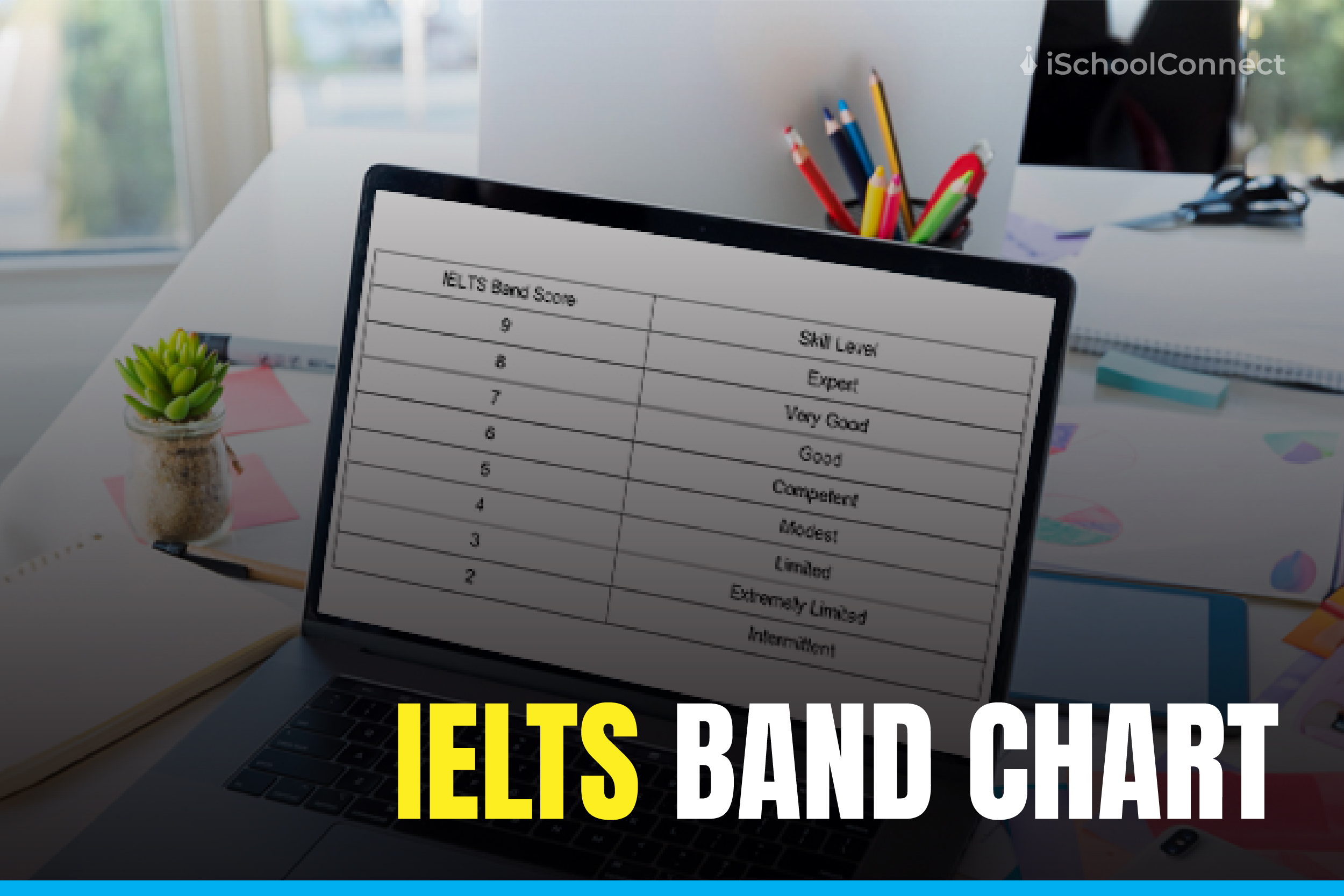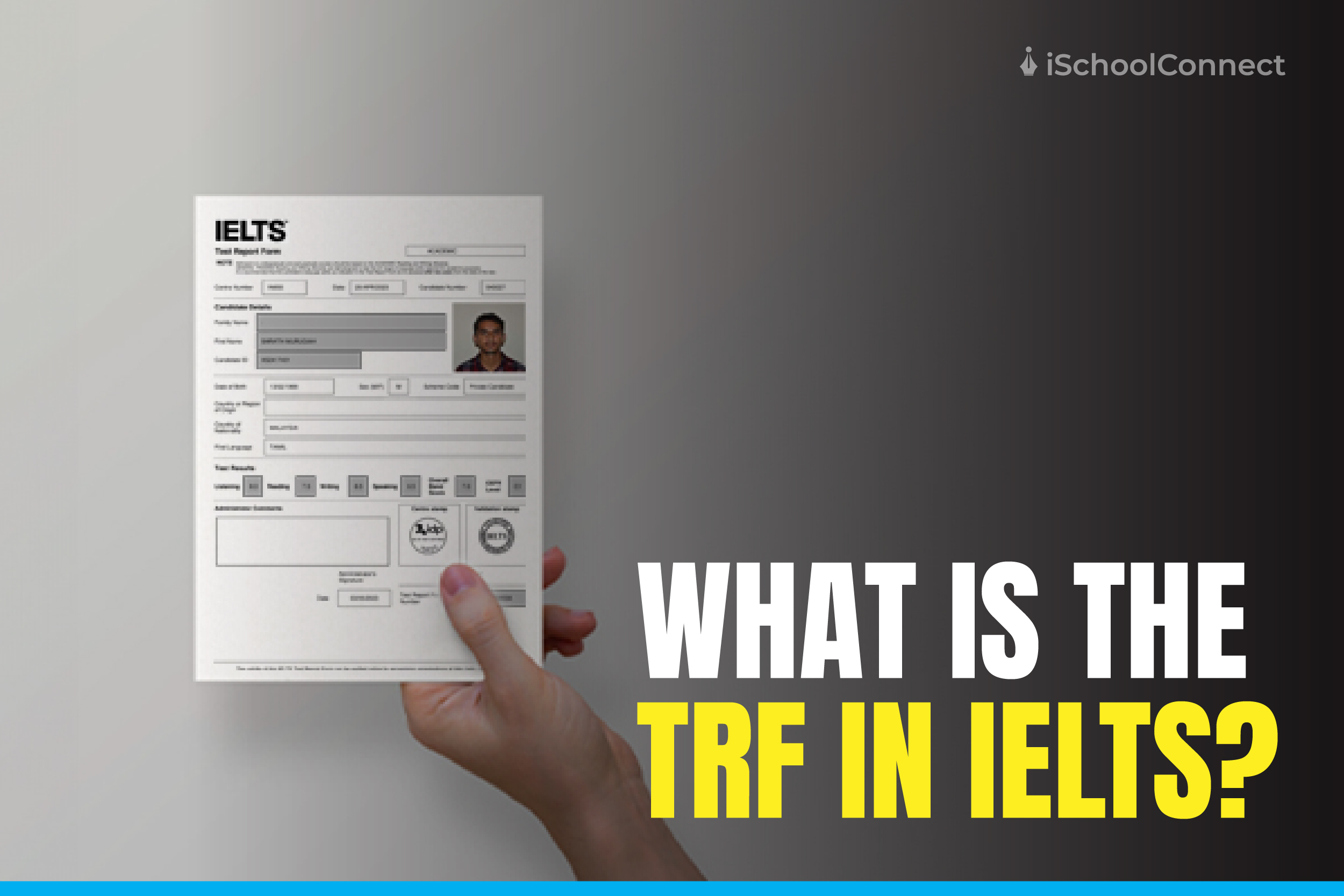Table of Contents
Complex sentences in IELTS
Complex sentences demonstrate the candidate’s ability to use a wide range of grammatical structures and connect their ideas cohesively. It showcases their fluency and accuracy in the English language.
One of the key criteria for evaluating writing is the ability to use a range of sentence structures, including complex sentences. The examiners look for a variety of sentence structures to assess the candidate’s ability to express complex ideas and connect them logically. The IELTS exam assesses the candidate’s ability to communicate effectively in English, both in speaking and writing.
What are complex sentences?
A complex sentence is a sentence that contains an independent clause and at least one dependent clause. An independent clause is a complete sentence that can stand on its own, while a dependent clause cannot stand alone and relies on the independent clause to make sense. By combining the two, we create a sentence that expresses a more complex thought.
For example–
Simple sentence: John likes to play tennis.
Complex sentence: John likes to play tennis, but he can’t find anyone to play with.
In the above example, we added a dependent clause, “but he can’t find anyone to play with,” to the independent clause, “John likes to play tennis,” to create a complex sentence.

Why are complex sentences important in the IELTS exam?
Using complex sentences is an indication of the candidate’s ability to use a wide range of grammatical structures, including subordinate clauses, relative pronouns, and conjunctions. The IELTS exam evaluates the candidate’s writing skills based on four criteria-
- Task response
- Coherence and cohesion
- Lexical resource
- Grammatical range and accuracy
The ability to use these sentences is part of the fourth criterion, which evaluates the candidate’s grammatical range and accuracy. To achieve a high score in this criterion, the candidate must demonstrate their ability to use a wide range of sentence structures, including complex sentences.
Read more: Top 10 Rules of Nouns to Improve Your English!

How to use complex sentences effectively in the IELTS exam?
Using complex sentences effectively requires the candidate to understand the rules and structures of sentences. Here are some tips for using complex sentences effectively in the IELTS exam-
Use a variety of sentence structures
Using a variety of sentence structures, including simple, compound, and complex, can improve the candidate’s score in the IELTS exam. The candidate should aim to use different kinds of sentences and phrases to express different ideas and avoid repetition.
Use coordinating and subordinating conjunctions
Coordinating and subordinating conjunctions can help the candidate to connect ideas and create more complex sentences. For example, coordinating conjunctions like “and,” “but,” and “or” can connect two independent clauses, while subordinating conjunctions like “although,” “because,” and “while” can connect an independent clause with a dependent clause.
Use relative pronouns
Relative pronouns like “who,” “whom,” “whose,” “which,” and “that” can help the candidate to create complex sentences by connecting two clauses. For example, “The man who I met yesterday was very friendly.”
Vary the length of sentences
Aim for a mix of sentence lengths in your responses. While complex sentences are valuable, don’t overuse them. Include shorter sentences for clarity and longer sentences for complexity, making your writing or speaking more engaging and dynamic.
Practice writing
Practice is essential to mastering complex sentences. Familiarize yourself with various sentence structures, such as relative clauses, conditional sentences, adverbial clauses, and noun clauses. Practice incorporating these structures into your writing and speaking tasks to develop fluency and accuracy.
Use transition words
Employ transition words and phrases (e.g., furthermore, in addition, on the other hand) to guide the reader or listener through your content. These signals help clarify relationships between ideas and improve the overall coherence of your response.
Maintain clarity and precision
Although complex sentences can add depth to your writing or speaking, ensure that your meaning remains clear and precise. Avoid overly complex structures that might confuse the reader or examiner.
Practice time management
During the IELTS exam, time management is crucial. While it’s important to include complex sentences, don’t spend an excessive amount of time constructing them. Allocate your time wisely to ensure that you address all aspects of the task effectively.
Key takeaways
- Using complex sentences is essential to achieving a high score in the IELTS exam, especially in the writing section.
- To use complex sentences effectively, the candidate should use a variety of sentence structures, including coordinating and subordinating conjunctions, relative pronouns, and varied sentence lengths.
- The candidate should also focus on the other criteria for writing, including task response, coherence and cohesion, and lexical resources.
All the best for the IELTS exam, and we hope you outperform your own expectations! If you have any roadblocks or doubts, feel free to contact our experts. We are always here for you!
Like this blog? Read Next: How to Prepare for IELTS Exam | 5 expert tips
FAQs
Question 1: Can using too many complex sentences negatively impact the score?
Answer: Yes, using too many complex sentences can negatively impact the score if they are used improperly or excessively. Overusing complex sentences can result in a lack of clarity and coherence, making the writing difficult to follow. Therefore, it is important to use different sentences in moderation and ensure they are used appropriately to convey the intended meaning.
Question 2: Are there any specific complex sentence structures that I should use in the IELTS exam?
Answer: There is no specific set of complex sentence structures that you must use in the IELTS exam. It is more important to focus on using a variety of complex sentence structures appropriately and effectively. This includes structures such as relative clauses, conditional clauses, and adverbial clauses, among others. Choose structures that best suit the context and purpose of your response.
Question 3: Is it better to use longer complex sentences or shorter ones in the IELTS exam?
Answer: The clarity and coherence of your ideas should determine the length of your complex sentences in the IELTS exam. It is not necessary to make sentences excessively long to showcase complexity. It is more important to ensure that your complex sentences are clear, well-structured, and effectively convey your thoughts. Aim for a balance between sentence length and readability to maintain coherence and coherence in your response.






